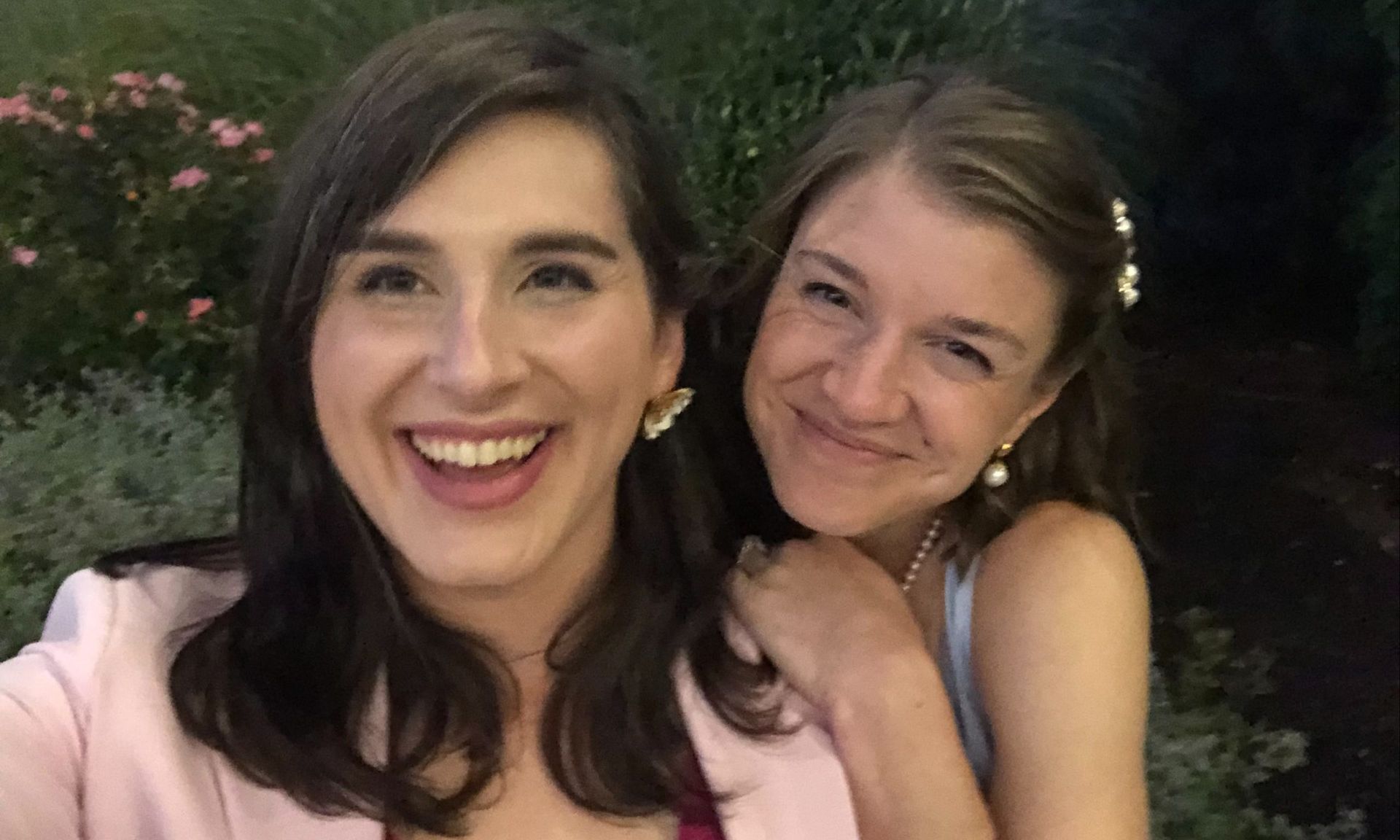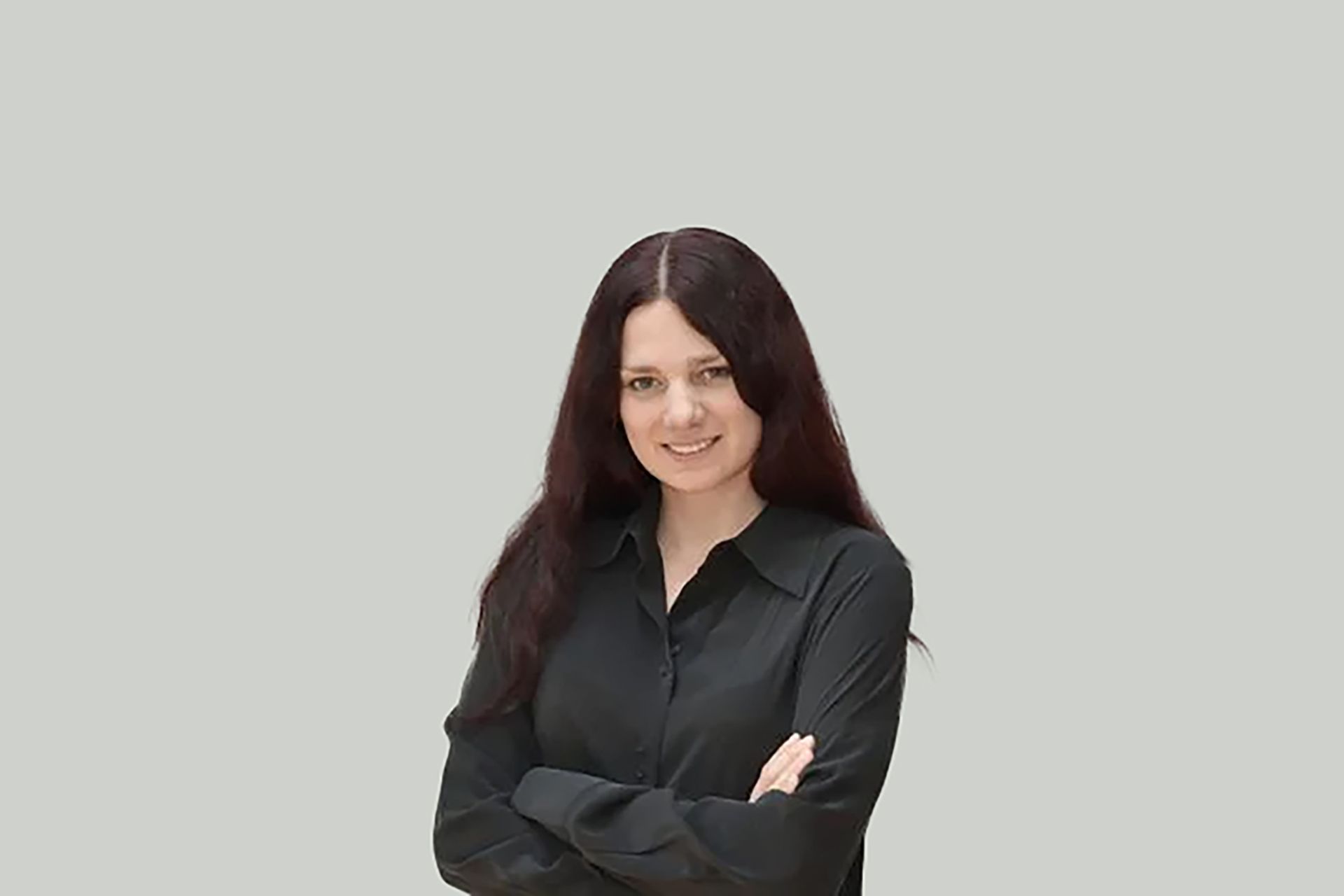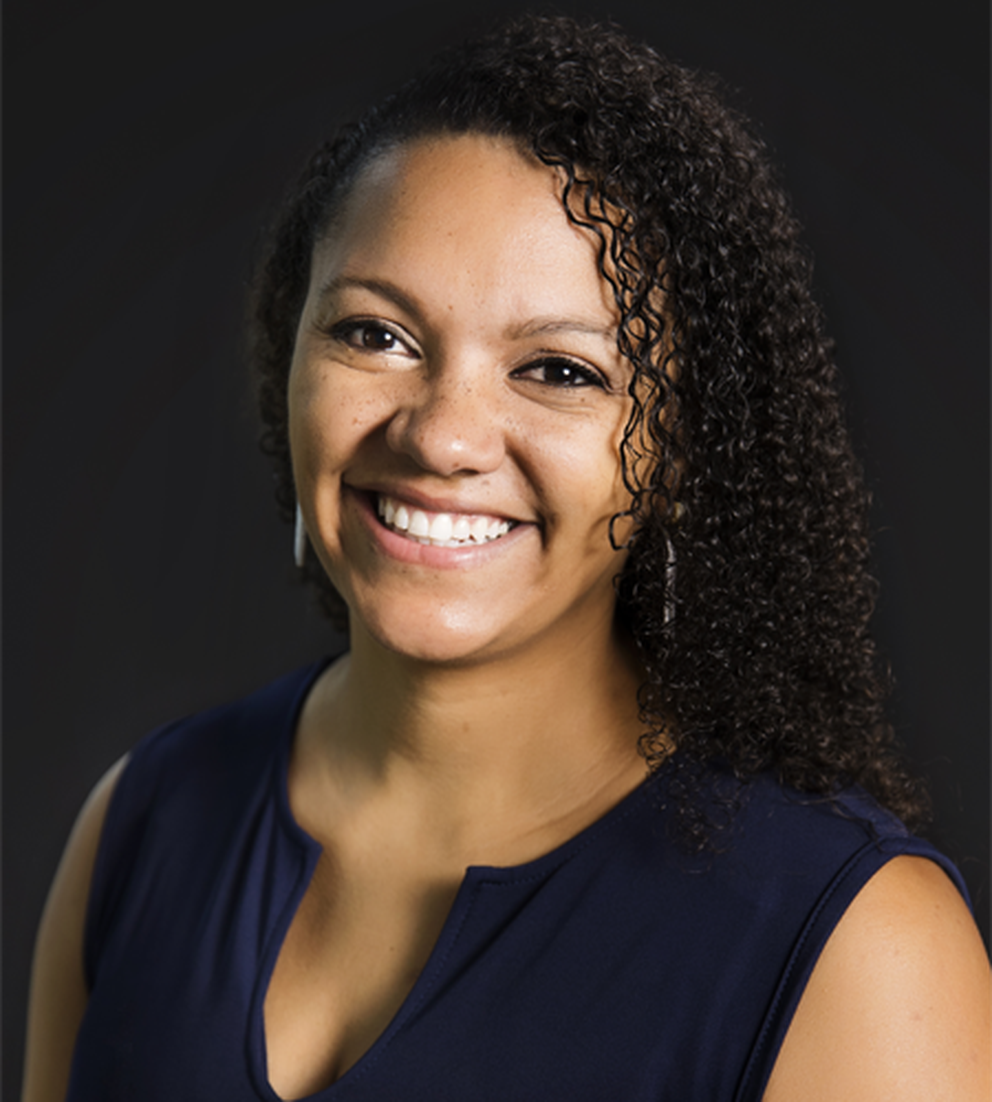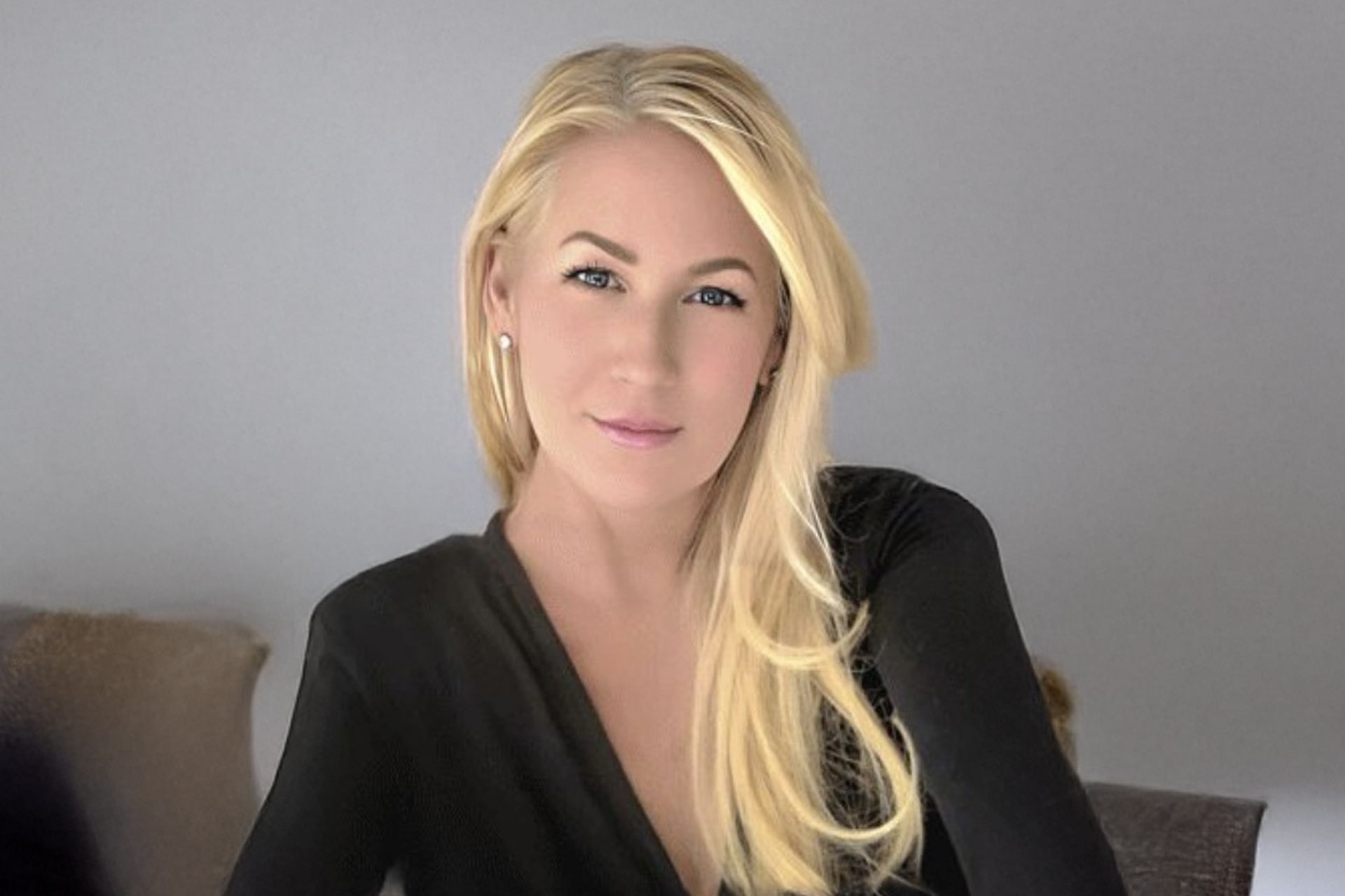Christine Herman’s background is a prime example that in cybersecurity, any degree or experience can turn into a successful cybersecurity career with the right passion, skillset, and mentors.
She graduated from the University of Buffalo’s languages and literature program and the Johns Hopkins University, speaking fluent Russian and Japanese. But wanting to make a difference with her “skills to have a tangible impact for the better in the world,” Herman became a threat analyst for the Department of Defense in 2012.
Upon arrival, she was encouraged to train in cyber and develop her skills to make a true impact. But the journey was often challenging, with naysayers along the way telling Herman that “‘you can’t be in cybersecurity unless you have a master’s from MIT, unless you’re the best Python developer out there.’”
But that just wasn’t the case. She took on the task, trying “not to be discouraged by the fact there weren't many people who look like me, or were like me.”
“I consider myself to be rather relentless, doggedly pursuing different opportunities and skill sets,” Herman said. “I try to practice a general mantra of never giving up, having an indomitable spirit. That’s often hard in the face of different challenges and things that are inherently depressing or challenging.”
“Trying to continue to pursue something you’re passionate about and being relentless about it is a core part of what I bring to the table and hope to empower my leaders to do the same,” she continued.
Click here for full coverage of the SC Media 2021 Women in IT Security
Determined, and with encouragement to take on a new skill set in cyber, she graduated from the Naval Postgraduate School in 2014, then DoD Advanced Cyber Operations in 2015, top of class. After five years with the DoD, she spent over three years with Morgan Stanley as global leads of incident response and then operational assurance before joining Finance of America as chief information security officer.
Herman notes that it was the supportive positions and work environments that allowed her to grow into the leader she is today. The vocal advocates told her that “not only can you do the job, but you’re going to thrive.”
“I wouldn’t have even thought to myself that I’m smart enough, capable enough, or experienced enough to be a CISO had I not had some really incredible mentors,” she said. “If I’m going to reduce my experiences to a single message, I would like to offer: surround yourself with people who vote yes on your potential, who signal their recognition and appreciation.”
“And that’s not to say they don't challenge you, they absolutely do,” she added. “It’s important to be around people who believe in your success. And for my own part, I’m absolutely willing and actively do provide that to others.”
For Herman, a core tenet of her leadership style begins with empathy. It’s important to acknowledge employees and team members are humans with needs, hopes, and aspirations. To be an effective leader, you have to assess and embody the characteristics of those you’d want to work for, striving to make a difference and being a vocal advocate to increase diversity.
It’s also important to create opportunities for employees, allowing for new and different voices to come to the table in whatever form those differences take. It’s something Herman requires of herself and of her team.
The final leadership piece is radical transparency and not being afraid to be criticized.
“I don’t want to be a human being who can’t be told they can do any number of things better, and I expect the same from those I hire,” said Herman. “Let’s talk about where we can all improve together. You build high-performing teams when you have those characteristics and likely an inscrutable combination of many others.”




